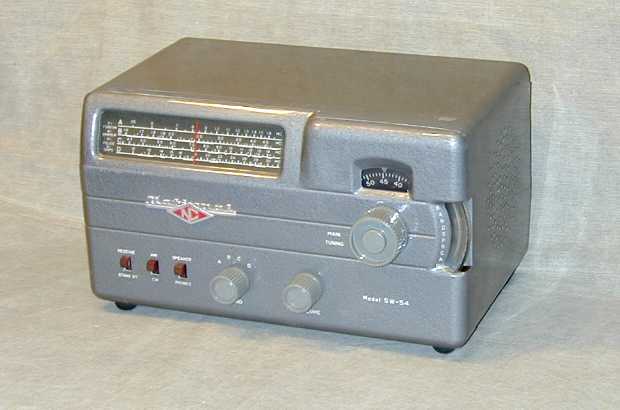ncbill
Thinks s/he gets paid by the post
At the start, he's going to "pick up" a big-ass diesel generator. He recognizes that fuel will go bad (looks like diesel, gasoline, and kerosene all go bad). He'll add fuel stabilizer, which should make the diesel last for more than five years. That is, he'll go to a gas station, estimate how much diesel fuel is in the underground tank, and dump in stabilizer. He'll calculate how much he will need per year (he used the be the president's accountant, so he's good with numbers).
Or, he might find a house with a working solar power system.
Commercial/government sites would likely have trailer-mounted diesel gensets designed for extended operation.
Find a home with well/septic & wire up a transfer switch w/ generator inlet to the home's panel and they've got all the comforts of home.

 Thanks.
Thanks.


